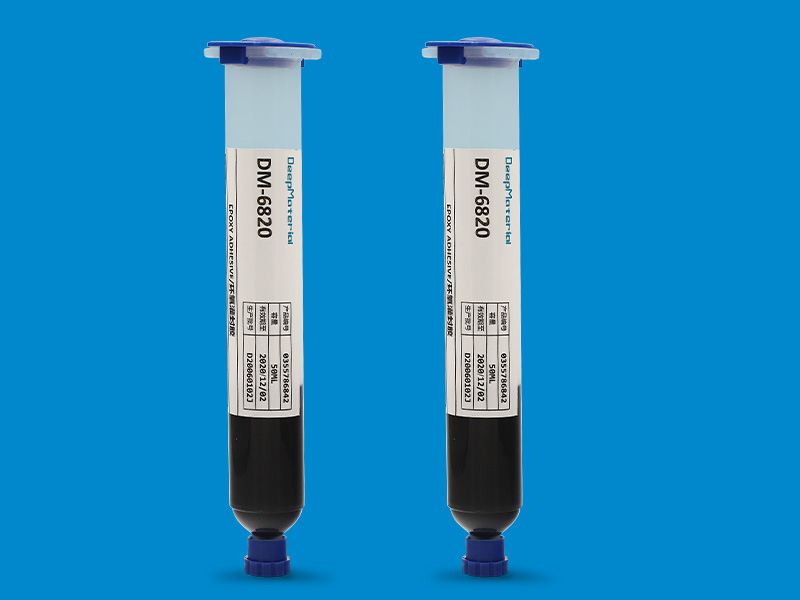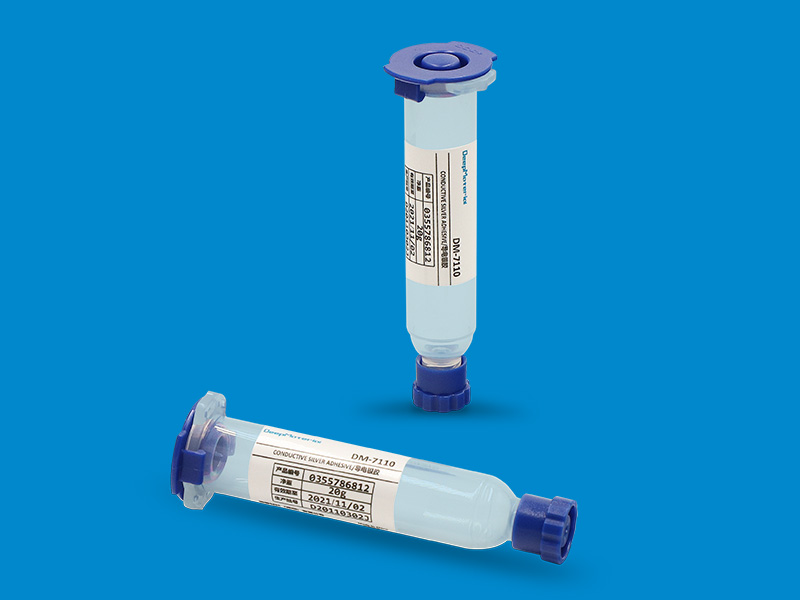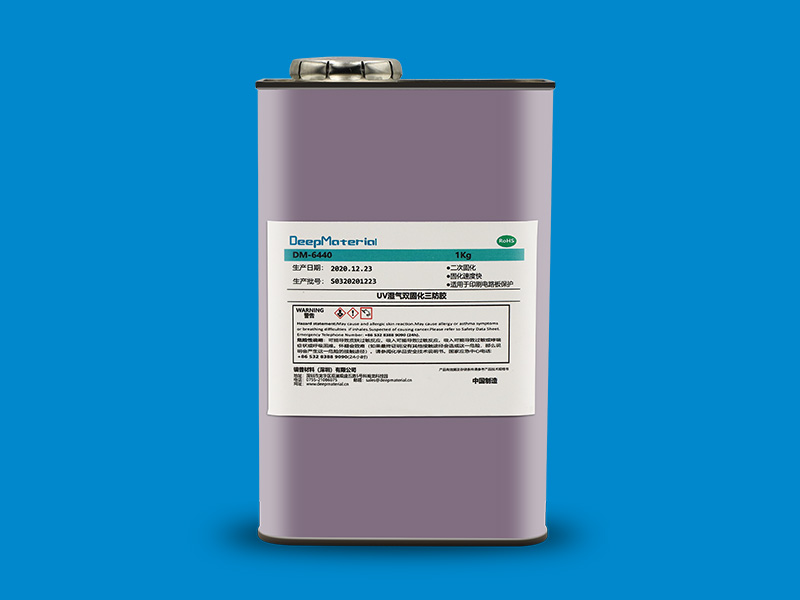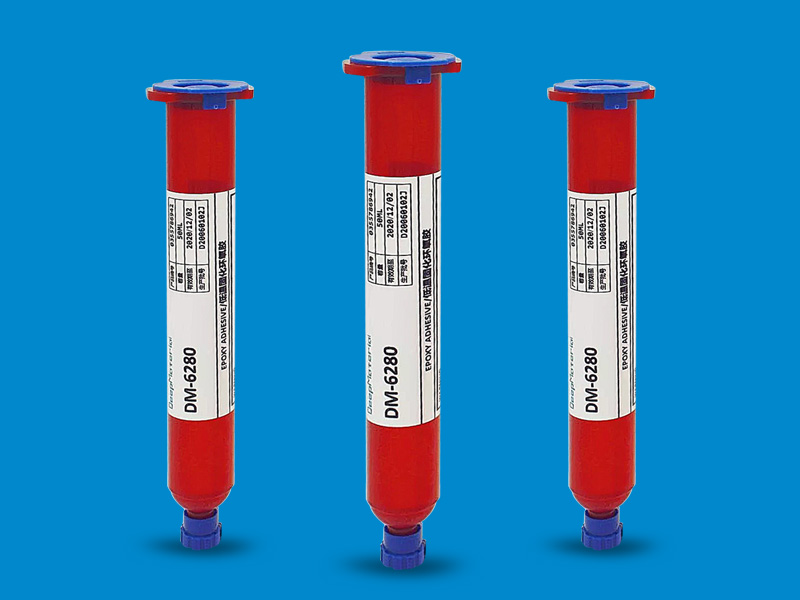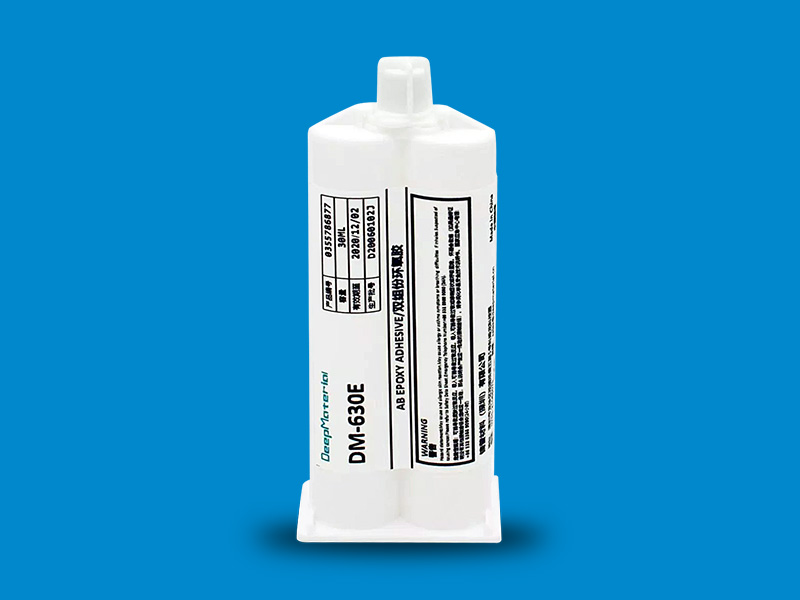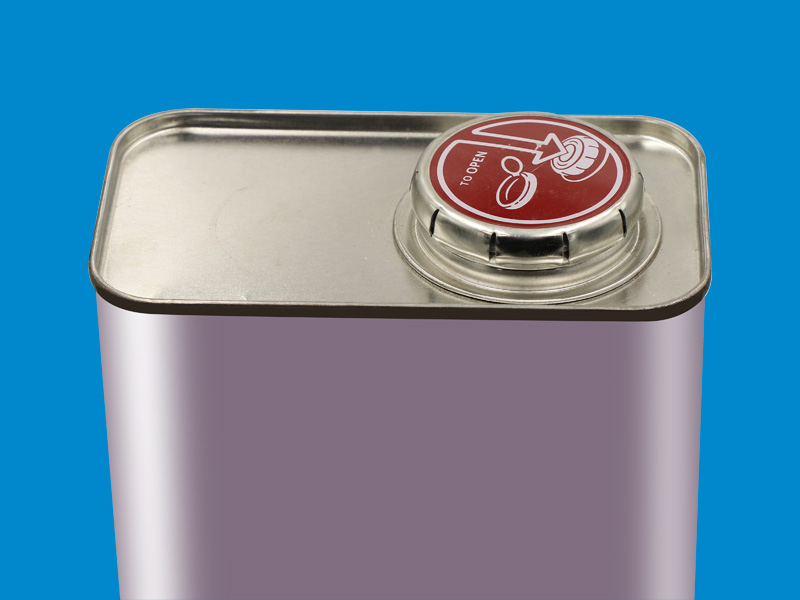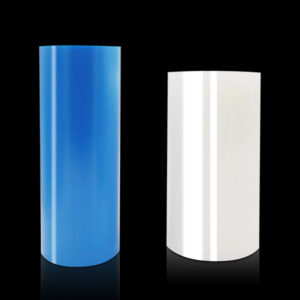How To Optimize Non Conductive Epoxy Adhesive Glue For Electronics
How To Optimize Non Conductive Epoxy Adhesive Glue For Electronics
Non conductive glues remain one of the best options for gluing electronics components onto a circuit board. There are various glues you can use to bond an electronic component to a PCB. However, the non-conductive glues can be preferred to others due to certain advantages.
In this post, we will be looking at some of those attributes that set non conductive glues apart from its counterparts. This post will start by defining what they are and why they are chosen for specific applications.

What are Non-Conductive Adhesives?
First, we need to establish that non conductive adhesives have been getting lots of attention and recognition from people in the electronics industry lately. They are fast becoming a viable option for replacing lead-based solders.
Non conductive glues usually comprise alumina or silica filters for providing adhesives with electrical insulation properties. As the name implies, non-conductive glues do not allow current to flow through them.
Through the help of research, it has been discovered that bonding with adhesives ensures many advantages. Adhesive bonding also easily satisfies most requirements, like low-temp processing, application processing, miniaturization, positioning, high component density integration, and compatibility with cost-effective substrates. Honestly, there are several reasons why the electronics and electrical industries have decided to pitch their tent with adhesive solutions.
Highlighted below are some of the advantages of using non conductive glue for electronics.
Offers Protection to Circuit Components
PCBs are used to mount electronic components in almost all electronic devices. On the board, conductive and non conductive properties are necessary for proper functioning. Some components need to be bonded with conductive adhesives, whereas others may need non conductive adhesives.
The main reason for affixing electronic components onto a circuit board is to ensure insulation for some of the components on the board.
There are parts of every electrical equipment that needs to be insulated before it can be used; otherwise, it will not be safe for use. In other words, non conductive glues for electronics helps to insulate a group of components inside an electronic device, so it can be safe. That can be very helpful when there is electric current leakage inside any device.
Thermal Insulation
Electric current is not the only thing you need to bother about when putting a circuit board together. That is because heat is another thing that can cause great damage to the components inside an electronic device.
Therefore, it is absolutely necessary to protect the components on the board from the effects of extreme heat. One of the best ways to achieve that is via non conductive glue for electronics. This particular glue prevents most of the components on the circuit board from heating up abruptly.
Beyond protecting the user from experiencing shock, there are other benefits for making sure the components on a PCB are properly insulated. Inadequate insulation of electronics components on a circuit board could lead to shorting, and that can easily damage the board. Any damage experienced on the board could prove to be fatal for the device.
Quick Adhesion
All adhesives provide their different degree of adhesion when they are used on various substrates. This is why it is essentially important to know the type of adhesive that is best for a particular substrate or surface. For instance, if you are trying to join two metals together and you use an adhesive solution meant for plastics alone, you may not get the desired result.
Non conductive glue for electronics ensures quick adhesive when they are applied correctly. It means you do not have to wait forever before they can bond two surfaces together. Just so you understand, some adhesives can take up to days to cure. Non conductive glues do not take that long.
Easy to Apply
Non conductive glues for electronics are also gaining popularity because of how easy they can be applied. Whether you are using a one-part type or a two-part solution, they are quite easy to apply. The reason for their easy application is not far-fetched – low viscosity.
This makes it easy for them to pour on the surface where they are applied. Precision is very key when gluing anything onto a circuit board, and non conductive glues help you achieve that seamlessly.
Almost anybody can handle the application of such glues because no professional knowledge is needed. It even becomes better if the adhesive requires UV light for its curing.
Is it Safe for Electronics?
There is nothing more you can ask for if you seek a glue that can guarantee utmost safety. Non conductive glue for electronics has everything you seek safety-wise.
With its insulation property, all the components on a circuit board are protected from all forms of hazards, including electrical and thermal related hazards. They are safe for both the user and the electronics device.
Offers Various forms of Resistance
Some adhesives can perform excellently when it comes to bond formation, but do not do well in offering the necessary resistance.
An adhesive should be able to resist high thermal loads, as well as provide high peel and shock resistance. These resistant properties are what will make the bond last the test of time. The non conductive glue for electronics must possess shock and peel resistance. That makes it possible for them to withstand almost all forms of impact. So, when going out to look for such glues, you should bear this in mind.

Final Words
We now know why certain glues are referred to as non conductive glues. Their main aim is to provide insulation to electrical and electronic components. The major advantages of using a Non Conductive Glue for Electronics have also been touched on in this post. The post has also explained why you cannot use other glues in place of such glues. A circuit board can only be deemed complete if it contains non conductive glues at the appropriate points. Join the trend in the electronics industry, and get yourself the best non conductive glue for electronics today!
For more about how to optimize non conductive epoxy adhesive glue for electronics,you can pay a visit to DeepMaterial at https://www.electronicadhesive.com/product/ for more info.



